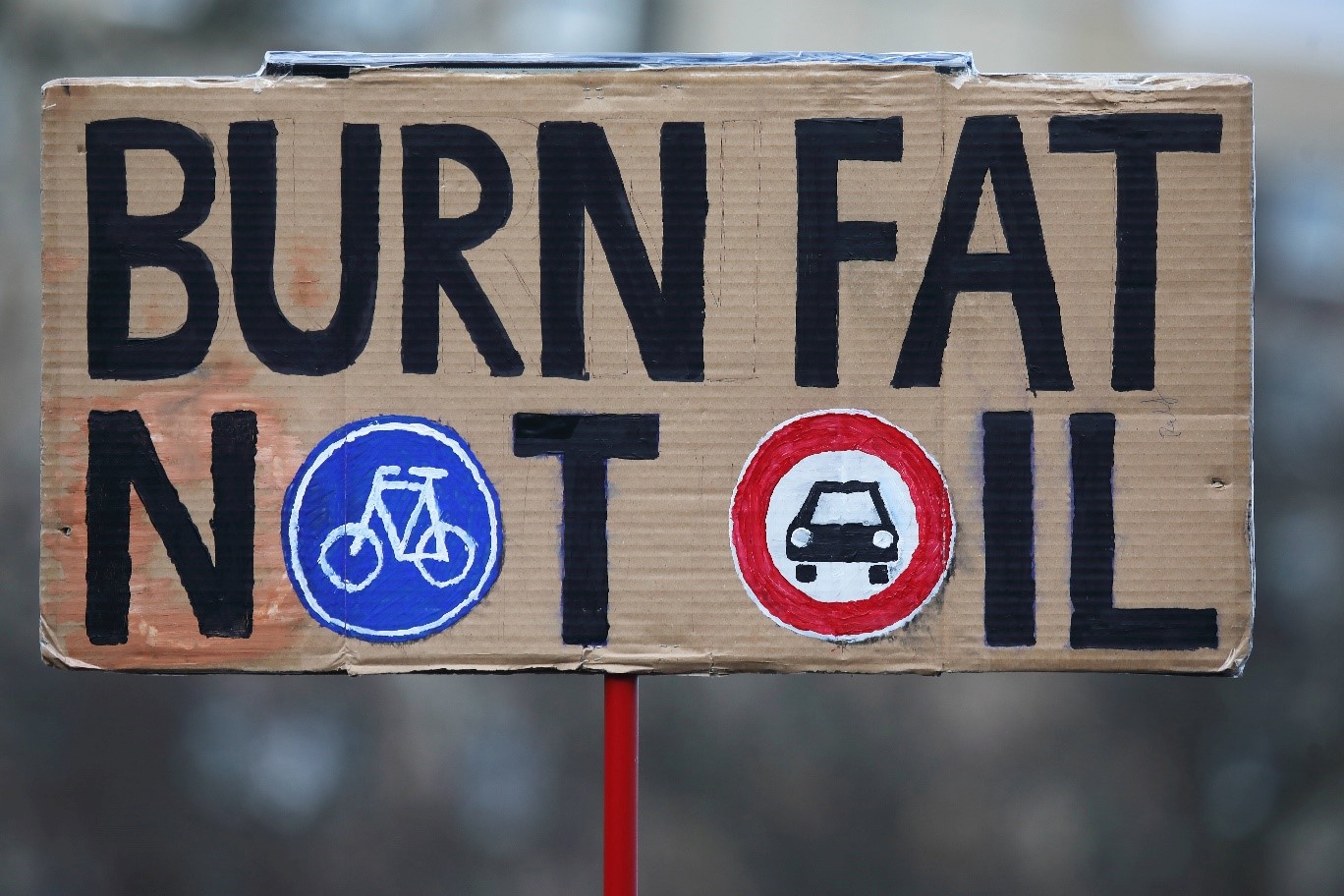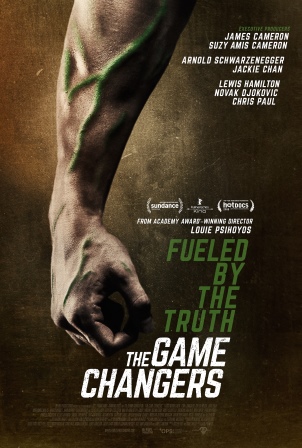Saving the Planet for All? How a Rhetoric of Anti-Fatness and Ableism Undermines Climate Change Activism

Three years ago, in August 2018, Greta Thunberg and other young climate activists gained international recognition when they missed school for three weeks to protest in front of the Swedish parliament, demanding a noticeable increase in political action to prevent climate change. While U.S. climate activism and its countermovement started to gain traction in the 1990s, the more recent protests in Sweden have inspired many people across the globe to follow suit, forming the Fridays for Future (FFF) movement. However, a rhetoric of anti-fatness and ableism threatens to undermine the movement’s attempt to engage a diverse group of people in its cause. With this blog post, I want to challenge the use of popular slogans like “BURN FAT, NOT OIL,”…



